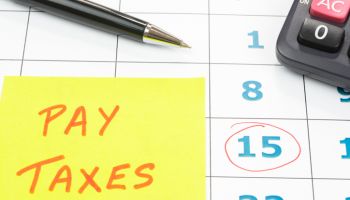On April 29, 1992—only twenty years ago today—Los Angeles saw the beginning of what would become a nearly week-long riot—the worst the city had seen since the 1965 Watts riots left 38 dead.
The 1992 riot—which left 58 individuals dead, more than 2,000 injured, 16,000 arrested, and $1 billion in property damage—was a response to the jury’s verdict in the case surrounding the controversial beating of Rodney King.
King, who had been drinking, engaged in a high-speed chase with Los Angeles police on the night of March 3, 1991. An amateur cameraman captured a video which showed four police officers beating, clubbing, and kicking King for over a minute while other officers watched; the video was shown repeatedly on television and came to symbolize racism and police brutality. The officers argued that they had acted in self-defense against an allegedly aggressive Rodney King.
On April 29, a jury (with no black jurors) acquitted the four white officers accused of beating King. The verdict immediately sparked anger and violence, including fires, looting, and beatings.
Los Angeles’s mayor, Tom Bradley, expressed concern over the verdict: “Today the system failed us. Today the jury told the world what we all saw with our own eyes wasn’t a crime … The jury’s verdict will never outlive the images of the savage beating.”
In the wake of widespread violence, a curfew was imposed and numerous arrests were made. Many rioters who were arrested were later released when police officers were unable to identify individuals within the large crowds brought in. The National Guard eventually restored order; schools and businesses reopened in early May.
President Bush toured the destruction several days later; members of both political parties urged him to improve economic conditions for poor African Americans.
A year after the riot, the four previously acquitted officers went to trial for a second time, facing federal charges of violating King’s civil rights. Two were found guilty and sentenced to two-and-a-half years in jail; two were cleared. Each of the four either quit or was fired from the LAPD.
King was eventually awarded $3.8 million in damages. He has since faced several arrests and continues to battle alcoholism. His beating, the officers’ trials, and the days-long riot stand today as a reminder that racial violence is still very much a part of America’s story—and his oft-repeated question “Can’t we all get along?” still rings true, twenty years later.
source-lcrm.com















